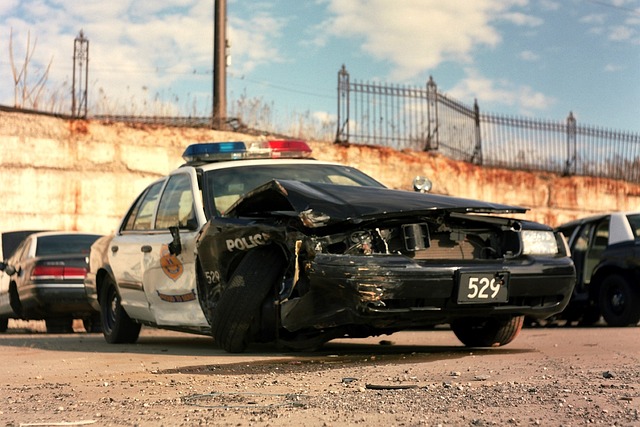By LYDIA HURLEY
Capital News Service
Less than four months after losing his legs in an attempt to stop a reckless highway driver, a Montgomery County police officer is at the forefront of a movement to crack down on negligent driving in Maryland.
Sgt. Patrick Kepp plans to testify on two bills in the state capital of Annapolis this session – traveling from Walter Reed National Military Medical Center in Bethesda, where he is still in active recovery from last October’s incident.
“When I was brought into the conversation about new laws being created, right away, I knew it was something I wanted to do,” Kepp said.
Rehabilitation is his first priority, he said, but treatment won’t get in the way of his new mission. “I will be there in Annapolis to make sure these bills happen,” Kepp said.
Kepp announced his plans this week in a press briefing alongside Montgomery County Executive Marc Elrich and Montgomery County lawmakers who are taking up the cause with him. Kepp’s story has inspired them to craft new legislation that would punish repeat offenders of reckless driving.
“I’m going to call it the Sergeant Pat Kepp Bill on Reckless Driving,” said Delegate Greg Wims, D-Montgomery County, calling Kepp a “hero.”
Reckless driving isn’t a new phenomenon in Maryland. Outraged by stories of dangerous driving on the Beltway or the Ocean City Expressway, Maryland lawmakers have in years past have proposed legislation meant to stop these behaviors. This session, two other bills, separate from Kepp’s, are making their way through the legislature, specifically aimed at ending the deadly game of drag racing or “exhibition driving.”
But Kepp’s bill is a personal one, inspired by an officer who patrolled the sponsoring lawmakers’ home district. Elrich visited Kepp while he was in recovery to propose the idea of working together on this set of bills, the officer said.
The two bills have not been filed, but the sponsors say they share common goals. The bills would change existing criminal law to widen the definition of what constitutes reckless and negligent driving and increase penalties for those crimes, the sponsors said.
One penalty they will propose is requiring offenders to appear in court for their offenses. “It’s way too easy for a driver to just pay a fine and get back on the road and do what they were doing before,” Elrich said.
Sgt. Kepp, who worked as an officer in the alcohol initiative unit, says these bills will “give a little more teeth to some of our laws.” Additionally, he hopes the law will address the “overall frustration” with the difficulty enforcing existing reckless driving laws. The penalties aren’t tough enough, he said, and the fines aren’t a good enough deterrent.
In the early morning hours of last Oct. 18, Kepp had just finished his shift when he heard a radio report of a speeding driver on Interstate 270. He joined other officers in an attempt to stop the driver. While Kepp was standing outside of his car, the driver struck him and left him critically injured, as Elrich recounted in the press briefing.
The Montgomery County Police officers on duty that night knew the driver “had a history of speeding and taunting police into chasing him,” Elrich said. Police say the driver targeted and intentionally hit Kepp, Elrich said, and he is now being charged.
Both of Kepp’s legs were amputated due to the injuries he sustained that night. Now he said he spends every day – from 9:45 a.m. to 2:15 p.m. – at Walter Reed National Military Medical Center undergoing rehabilitation. He joined the Zoom call for Elrich’s press briefing from the medical center, wearing a blue dry-fit shirt and a short military-style haircut.
It has been four months since the accident, and Kepp said he has had a dozen surgeries since.
Still, he wants to speak on behalf of legislation that “will strengthen our laws and make our roadways safer,” Kepp said.
The aim of the bills is “not for everybody to be thrown in jail, have huge fines, or lose their licenses,” Kepp said, but rather to end reckless driving, especially by repeat offenders.
Elrich said he hopes the law will stop people from “ignoring lights and sirens from law enforcement, breaking the rules of the road … and performing car tricks like drifting, peeling out, and doing donuts in the middle of a road.”
“All it takes is a moment’s loss of control over that vehicle,” Elrich said. “Instead of being entertaining, it would take little to transform it into a deadly incident.”





Recent Comments